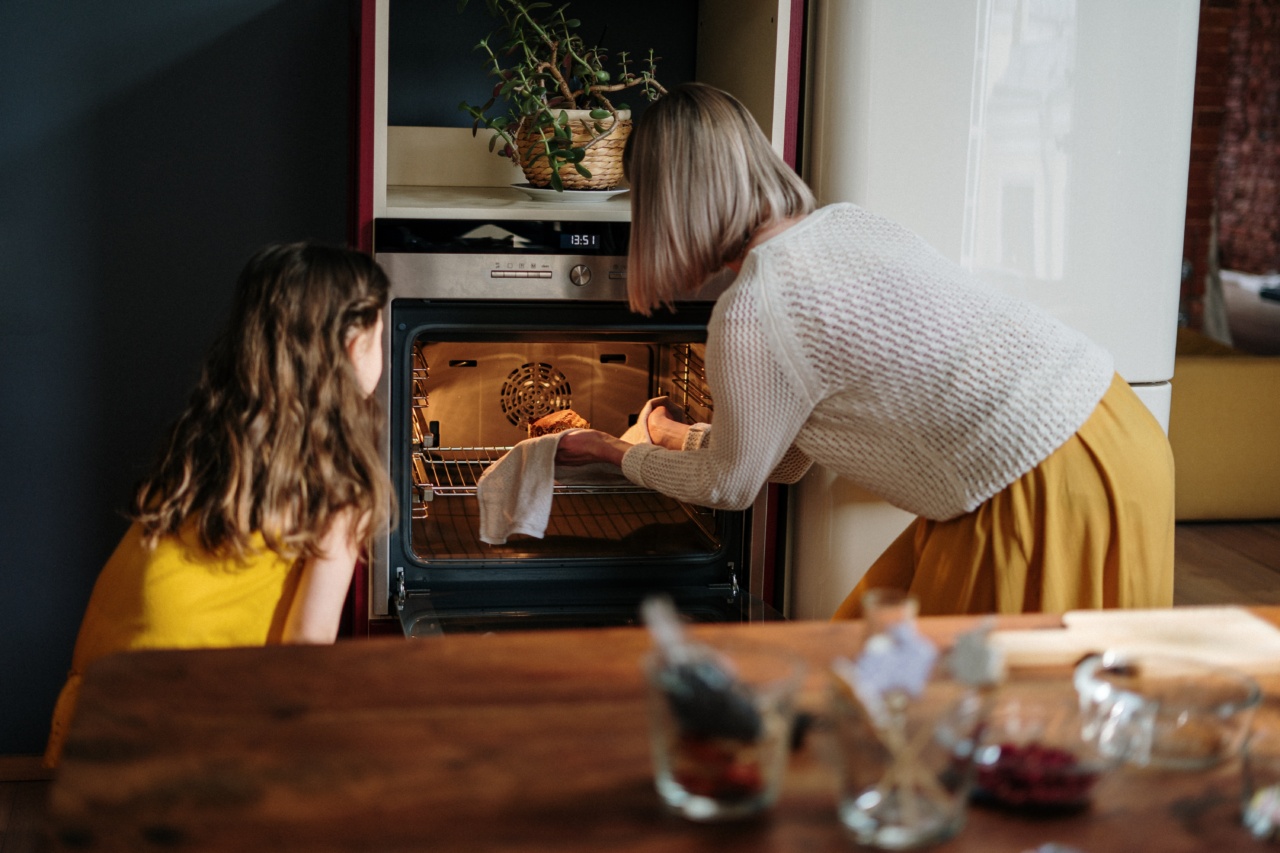Food poisoning is a serious public health issue affecting millions of people worldwide every year. It is caused by consuming food contaminated with harmful bacteria, viruses, parasites, or toxins.
Symptoms include nausea, vomiting, diarrhea, and abdominal pain. In severe cases, it can lead to hospitalization or even death. However, with some simple precautions, you can prevent food poisoning in your own home. Here are 18 tips for your fridge and kitchen:.
1. Wash Your Hands
One of the easiest and most important ways to prevent the spread of germs and bacteria is to wash your hands regularly. This is especially important before handling food, after handling raw meat, and after using the bathroom.
Use warm water and soap and scrub your hands for at least 20 seconds. Then rinse and dry your hands thoroughly.
2. Keep Your Kitchen Clean
Keeping your kitchen clean and tidy is important for preventing food contamination. Regularly wash and sanitize your counters, cutting boards, and utensils. Use hot, soapy water or a disinfectant spray.
Don’t forget to clean other surfaces like your fridge handles, stove knobs, and sink. These places can harbor dangerous bacteria.
3. Store Food Properly
Improper food storage can lead to bacterial growth and food spoilage. Follow these guidelines:.
- Store raw meat, poultry, and fish on the bottom shelf of the fridge to prevent juices from dripping onto other foods.
- Never leave food sitting out at room temperature for more than two hours. This includes leftovers and take-out food.
- Freeze or refrigerate perishable items like milk, cheese, and eggs after purchasing them. Check the expiration date and discard any food that is past its prime.
4. Cook Food Thoroughly
Proper cooking is essential for killing harmful bacteria like E.coli and Salmonella. Use a meat thermometer to ensure that meat is cooked to the proper internal temperature. Check the chart below for reference:.
- Beef, pork, and lamb: 145°F (63°C)
- Ground meat: 160°F (71°C)
- Poultry (chicken, turkey): 165°F (74°C)
- Fish: 145°F (63°C)
5. Avoid Cross-Contamination
Never let raw meat come in contact with other foods. Use separate cutting boards and utensils for meat and produce. If you use a knife to cut raw chicken, for example, wash it thoroughly before using it again to cut vegetables.
You don’t want to transfer harmful bacteria from one food to another.
6. Don’t Keep Leftovers for Too Long
Leftovers can be a convenient and cost-effective option, but they can also harbor dangerous bacteria if not stored properly. Keep leftover food in airtight containers and refrigerate or freeze promptly. Eat leftovers within 3-4 days or throw them out.
7. Be Careful with Raw Eggs
Raw or undercooked eggs can harbor Salmonella bacteria. Avoid eating raw cookie dough, cake batter, or homemade Caesar salad dressing, which contain raw eggs. If a recipe calls for raw eggs, use pasteurized eggs instead.
8. Wash Produce before Eating
Even if you buy organic produce, you should always wash it before eating it. Rinse fruits and vegetables under running water and scrub them gently with a brush to remove any dirt or pesticides.
This will help remove any bacteria that might be on the surface.
9. Use Safe Water Sources
Make sure the water you use for cooking, drinking, and washing is safe. If you have a private well, have it tested regularly for contaminants. If you are traveling to a foreign country, avoid drinking tap water, and use bottled water instead.
10. Don’t Defrost Food at Room Temperature
Defrosting food at room temperature is not safe. Harmful bacteria can grow quickly in the “danger zone” between 40-140°F (4-60°C). Defrost frozen food in the fridge, under cold running water, or use the defrost function on your microwave.
11. Throw Out Expired Foods
Don’t take chances with expired foods. Always check the expiration date on dry goods like pasta, cereal, and crackers. Discard any food that is past its prime, even if it appears to be okay.
12. Practice Safe Food Handling Techniques
When you’re handling food, wash your hands frequently and use proper techniques. Use a clean plate to transfer meat to the grill, for example, and use tongs instead of a fork to turn it. This will help prevent cross-contamination.
13. Avoid Unpasteurized Dairy Products
Raw milk and unpasteurized dairy products can be a source of harmful bacteria like E.coli and Listeria. Stick to pasteurized dairy products to be safe.
14. Cook Eggs Thoroughly
Just like meat, eggs need to be cooked thoroughly to kill harmful bacteria. Don’t eat raw or undercooked eggs, and avoid using them in foods that won’t be cooked, like homemade mayonnaise or eggnog.
15. Use Safe Cooking Temperatures
Make sure your oven and other cooking appliances are set to the proper temperature. Follow recipe instructions carefully and use a thermometer to test the internal temperature of meat and other dishes.
16. Use a Food Thermometer
A food thermometer is an essential tool for cooking meat safely. Don’t rely on the color of the meat or juices to determine if it’s cooked through. Use a thermometer to test the internal temperature instead.
17. Wash Dish Cloths and Towels Frequently
Dish cloths and towels can harbor bacteria and germs, especially if they are damp. Wash them frequently in hot water, and use different cloths for different tasks to avoid cross-contamination.
18. Keep Your Fridge Clean
Your fridge should be kept clean and organized to prevent bacteria growth and food spoilage. Wipe up spills promptly and discard any food that is past its expiration date.
Keep raw meat on the bottom shelf to prevent juices from dripping onto other foods.
In Conclusion
By following these simple tips, you can help prevent food poisoning in your own home. Always take precautions when handling and preparing food, and don’t take chances with expired or contaminated food.
With a little extra effort, you can keep yourself and your family safe and healthy.





























